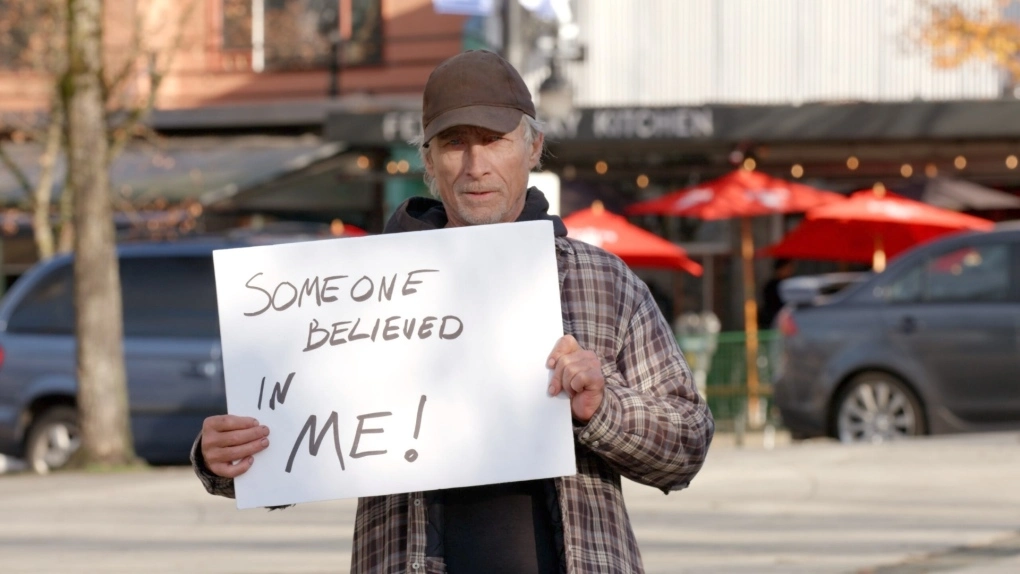Zhao says having data on how people who did get the money actually spent it is something she thinks will help counteract stereotypes, increase empathy and potentially get skeptics and the public on board with the idea of providing cash transfers.
Now that the study is complete, the plan is to replicate it and expand it to other cities in Canada and the U.S.



I am surprised it led to only 99 days fewer in homelessness compared to the control group that didn’t receive money. But I suppose it just shows how fucked the current housing market is.
$2,000 for 200 square feet: TikTok of Vancouver rental raises hackles
You can see how that money can disappear after a few months, not because the person made bad choices but because of how predatory corporate landlords are. These are tiny apartments, in what was previously the affordable area of town, (which is still a sketchy area but now also unaffordable).
deleted by creator